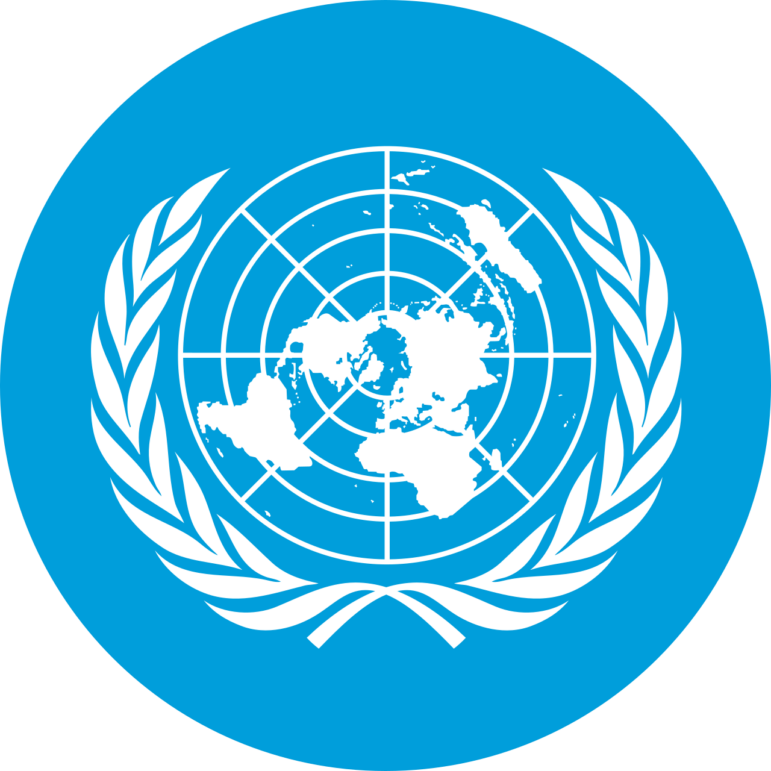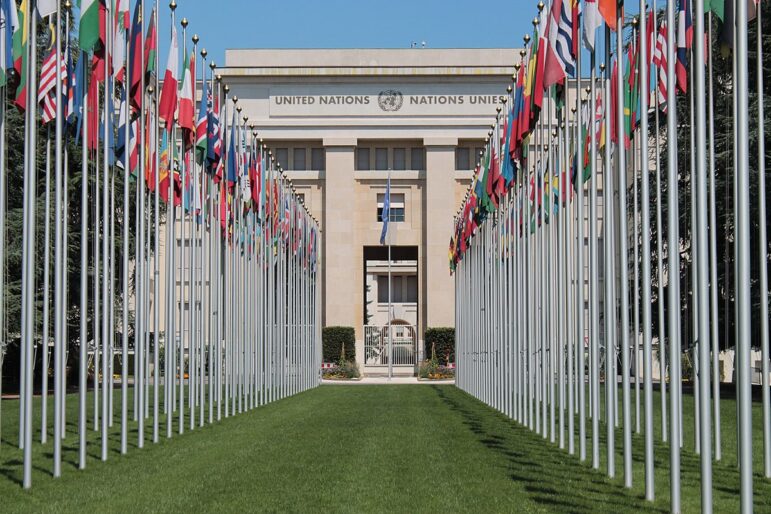GENEVA – Indigenous communities play a vital and often underappreciated role in the preservation and maintenance of green spaces and environmental resources worldwide. Numerous studies confirm that Indigenous ecological knowledge and stewardship practices foster biodiversity, support climate resilience, and maintain vital ecosystems. Community-led conservation approaches rooted in cultural traditions often outperform state-managed systems in sustainability. Indigenous land governance models emphasize spiritual and cultural ties to the land, integrating nature into the social fabric rather than exploiting it for profit.
Research studies have consistently shown that Indigenous communities prioritize the use of native vegetation, sustainable horticulture, and shared responsibilities in maintaining urban and rural green spaces. In regions like South and West Africa as well as Latin America, community-maintained green infrastructure has preserved native species and provided water resources, food, and recreation.

United Nations Emblem [Public Domain]
Despite these clear environmental benefits, systemic barriers continue to impede Indigenous stewardship, ranging from a lack of legal recognition to state policies favoring extractive industries. Recognizing Indigenous lands by state actors has been shown to improve forest outcomes, but “Indigenous peoples, Afro-descendant populations, and local communities have claims to over half the planet’s land, yet only 10% of the planet is legally recognized with communal land ownership rights.”
Speaking at the opening of the 18th session of the Expert Mechanism on the Rights of Indigenous Peoples on Monday, July 14, 2025, UN High Commissioner for Human Rights Volker Türk underscored both recent advancements and persistent challenges facing Indigenous communities around the globe.
The Expert Mechanism on the Rights of Indigenous Peoples (EMRIP) is a United Nations advisory body established in 2007 to support the implementation of the UN Declaration on the Rights of Indigenous Peoples (UNDRIP). Composed of seven independent experts nominated by Indigenous communities from different global regions, EMRIP provides the UN Human Rights Council with research-based advice, thematic studies, and recommendations on the rights and well-being of Indigenous Peoples. Its mandate, expanded in 2016, allows for country-specific engagement, technical assistance, and support for dialogue between governments and Indigenous communities. EMRIP holds annual sessions in Geneva, serving as a key forum for advancing Indigenous rights through international cooperation and knowledge-sharing.
In his speech, Türk praised the growing global momentum in recognizing Indigenous rights. He cited developments in countries like Colombia, where Indigenous local governments now have formal authority over budgets and administration.
Meanwhile, the Inter-American Commission on Human Rights (IACHR) released a statement earlier today welcoming Colombia’s issuance of Decree 488 on May 5, 2025, which provides a legal framework for Indigenous Territorial Jurisdictions (ETIs). This decree affirms Indigenous Peoples’ right to self-determination and self-governance. The new jurisdictions will have authority over critical areas such as health, education, justice, land management, and environmental protection, supported by autonomous planning and financing. The decree also protects cultural identity, affirming the right of Indigenous communities to oppose projects that threaten their worldviews.
Türk also highlighted Finland, which has enacted legal reforms to strengthen Indigenous self-identification and governance. He also noted that Guatemala now provides for regular meetings between government officials and Indigenous leaders, which have led to progress on land disputes.
He underscored a broader shift in recognizing Indigenous perspectives on the environment. In New Zealand and parts of South Asia, rivers have been granted legal personhood in line with Indigenous cosmologies. Other sacred lands and natural sites are also receiving legal recognition. A recent advisory opinion from the Inter-American Court of Human Rights affirmed that states must take Indigenous knowledge into account when protecting and restoring ecosystems.

United Nations Headquarters, Geneva. Photo Credit: John Samuel CCA-SA 4.0
Despite this progress, Türk warned that violations of Indigenous rights remain widespread. He pointed to the ongoing exploitation of Indigenous lands through mining, deforestation, and industrial agriculture, often without consent or legal land protections. Indigenous communities also face disproportionate threats from climate change, including droughts, floods, and wildfires that devastate ecosystems essential to their survival.
Access to services like healthcare, education, and justice remains unequal, and Indigenous human rights defenders face significant risks. According to the UN, Indigenous people accounted for 26% of killed human rights defenders in 2023 and 2024, with most cases occurring in the Americas. Türk expressed deep concern over continued impunity in such killings and called on governments to investigate and prosecute perpetrators.
The High Commissioner also raised alarms about the impacts of artificial intelligence on Indigenous communities. While some digital tools are helping preserve Indigenous languages and support environmental monitoring, others are being used to surveil and harass activists. Furthermore, Indigenous knowledge—including maps, language, and art—is often used to train AI models without consent. Türk emphasized the need for Indigenous participation in tech policy-making and for AI development to respect Indigenous data sovereignty.
Türk stressed that Indigenous approaches to environmental stewardship—such as communal management of forests and fisheries—offer vital insights in the fight against climate change. He pointed to ongoing efforts to push for legal recognition of ecocide and nature’s rights, ideas rooted in many Indigenous belief systems.
Highlighting their role in the shift to renewable energy, Türk said Indigenous Peoples must be consulted in decisions about the mining of critical minerals. His office has supported Indigenous involvement in the UN Secretary-General’s panel on energy transition minerals, which has called for human rights safeguards across the supply chain.
Türk commended recent progress at the UN itself, noting that in September 2024, Indigenous representatives from seven global regions addressed the Human Rights Council as official voices of their communities for the first time. He urged other UN bodies to follow suit and called for increased financial support to the UN Voluntary Fund for Indigenous Peoples, which faces significant underfunding and can support only a fraction of applicants.
The IACHR echoed the comments at the opening of the Expert Mechanism, calling on other states in the Americas to adopt legal frameworks that respect and advance Indigenous territorial rights and self-determination. These efforts are essential for inclusion and cultural agency.
“This is not only essential to respect and fulfil the human rights of Indigenous Peoples,” Türk concluded. “There is growing recognition that the ideas and approaches of Indigenous Peoples hold important lessons for all of us.”
The Wild Hunt is not responsible for links to external content.
To join a conversation on this post:
Visit our The Wild Hunt subreddit! Point your favorite browser to https://www.reddit.com/r/The_Wild_Hunt_News/, then click “JOIN”. Make sure to click the bell, too, to be notified of new articles posted to our subreddit.